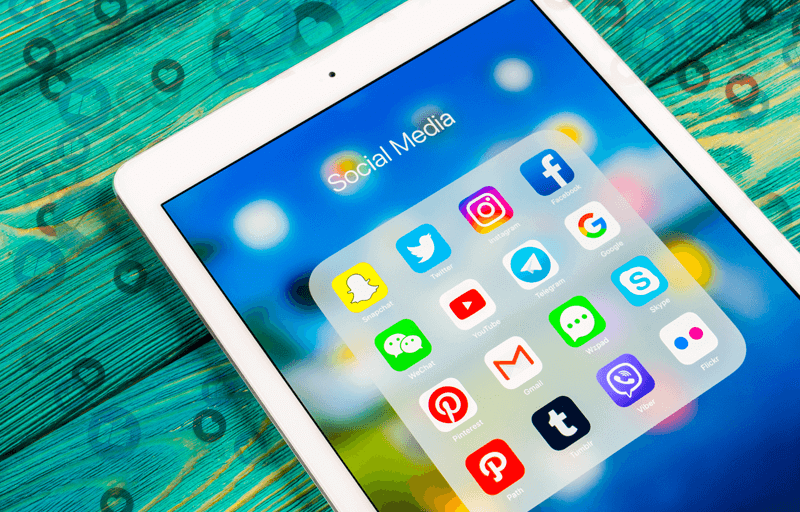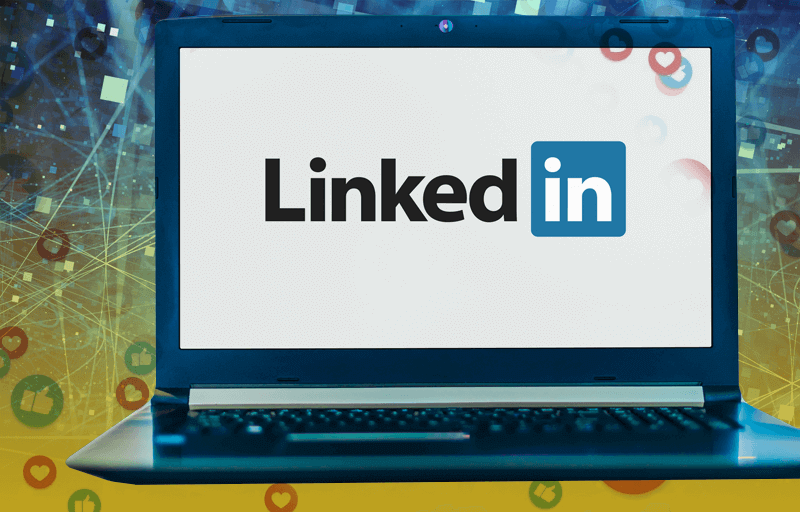For years, social media has been viewed as a platform used primarily by B2C businesses. However, in our today’s world, social media has become a vitally important tool in B2B inbound marketing as well. But, what really is the role of social media in b2b inbound marketing?
With the help of social media, B2B companies can build brand awareness, generate leads, showcase their expertise, and create long-term relationships. Furthermore, social media is cheaper than any other form of advertising available today.
Below you will find even more reasons why B2B companies should start focusing on social media and a few tips on how to build an effective marketing strategy.
Why Is Social Media an Important Part of B2B Inbound Marketing?
When it comes to marketing, there’s no denying that the landscape has changed drastically over the past decade. With technology continuing to evolve and consumer habits shifting in response, marketers have had to continuously adapt their strategies in order to keep up.
One area of marketing that has gained significantly more attention is B2B inbound marketing, with social media playing an incredibly important role.
The role of social media in b2b inbound marketing can’t be ignored when it comes to bringing qualified leads into a business’s funnel. In fact, 79% of B2B marketers believe that social media is the most effective marketing channel. But what exactly makes this platform so great?
Social Media Is an Amazing Content Distribution Channel
Content is one of the best ways to generate leads. People are quickly losing trust and interest in paid ads, and though you can still choose to use such advertising channels, you shouldn’t rely on them alone.
By delivering value through the content that you choose to publish, you will attract high-quality leads that are more likely to become paying customers. Furthermore, social media can be used to turn one-time customers into loyal brand advocates.
Social Media Allows You to Create and Protect Your Brand Image
People are more willing to buy from brands that have a human face. They want to be able to connect with the company and receive a personal response.
Your strategy can also be based on telling stories that your followers can relate to and showing the ‘inside’ of your business – all these tricks would allow you to establish a strong connection with potential customers.
Moreover, social media platforms are perfect for amplifying your B2B PR placements and increasing your share of voice in the industry.
Your Target Audience Is Using Social Media
90% of consumers would choose to buy from a brand that they follow on social media. And even though B2B companies sell to other businesses, to land the client you need to be able to attract the attention of the decision-maker (and that person is most definitely using social media).
Years ago, you could get away with having a website and a LinkedIn profile, but today businesses that are not actively utilizing social media look stagnant and less appealing.
Social Media Allows to Provide Great Customer Support
33% of customers would prefer to resolve customer service issues via social media rather than by phone. That’s exactly why social media should be at the center of your PR and customer care services.
By responding to your followers and customers in the shortest timeframe, you will be able to demonstrate the effectiveness and quality of your customer care. Social media platforms also allow you to take control of an unpleasant situation and reduce the risks of reputational damage.
How to Build an Effective B2B Social Media Marketing Strategy
Align Goals with Business Objectives
While B2C social media campaigns are usually created to directly drive sales, B2B marketers typically focus on long-term business objectives when developing a social media marketing strategy.
The companies use various platforms to create brand awareness, build trust and credibility, and educate audiences. All that eventually contributes to social media lead generation.
Use the Right Social Media Platform
As a rule of thumb, you should be where your customers are. For B2B companies, that is, in the majority of cases, LinkedIn and Facebook.
LinkedIn, for example, is used by 97% (!) of B2B marketers as part of their marketing strategy.
Create High-Quality Content
Sharing new product specifications and technical information should not be the main focus of your social media channels. Though you can educate your audience in such a way from time to time, you will be able to attract more potential leads if you provide content that delights your target audience (this usually includes how-to content, tips, industry news, etc.).
One of the best ways to get the audience more engaged is by getting your employees involved in the content-creation process. You can tell their stories, highlight their accomplishments, show a ‘typical day at work’, and so on. This will make your brand appear more human.
Measure Your Efforts
Always measure your content performance to find out what your audience likes and what doesn’t perform as well.
Though the most important KPI in social media is engagement which is measured through likes, comments, and shares, you can choose to select other metrics. Just make sure that they are aligned with your business objectives.
Final Thoughts: The Role Of Social Media In B2B Inbound Marketing
The role of social media in B2B inbound marketing can’t be underestimated. It allows your business to get more exposure and ultimately generate more quality leads. And the best part is that it doesn’t require huge investments.
So, if you haven’t yet developed a social media strategy for your B2B business, take this article as a sign that you should get started right now.


